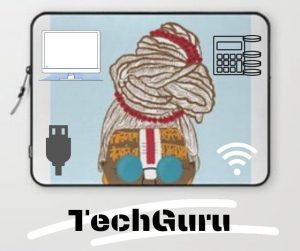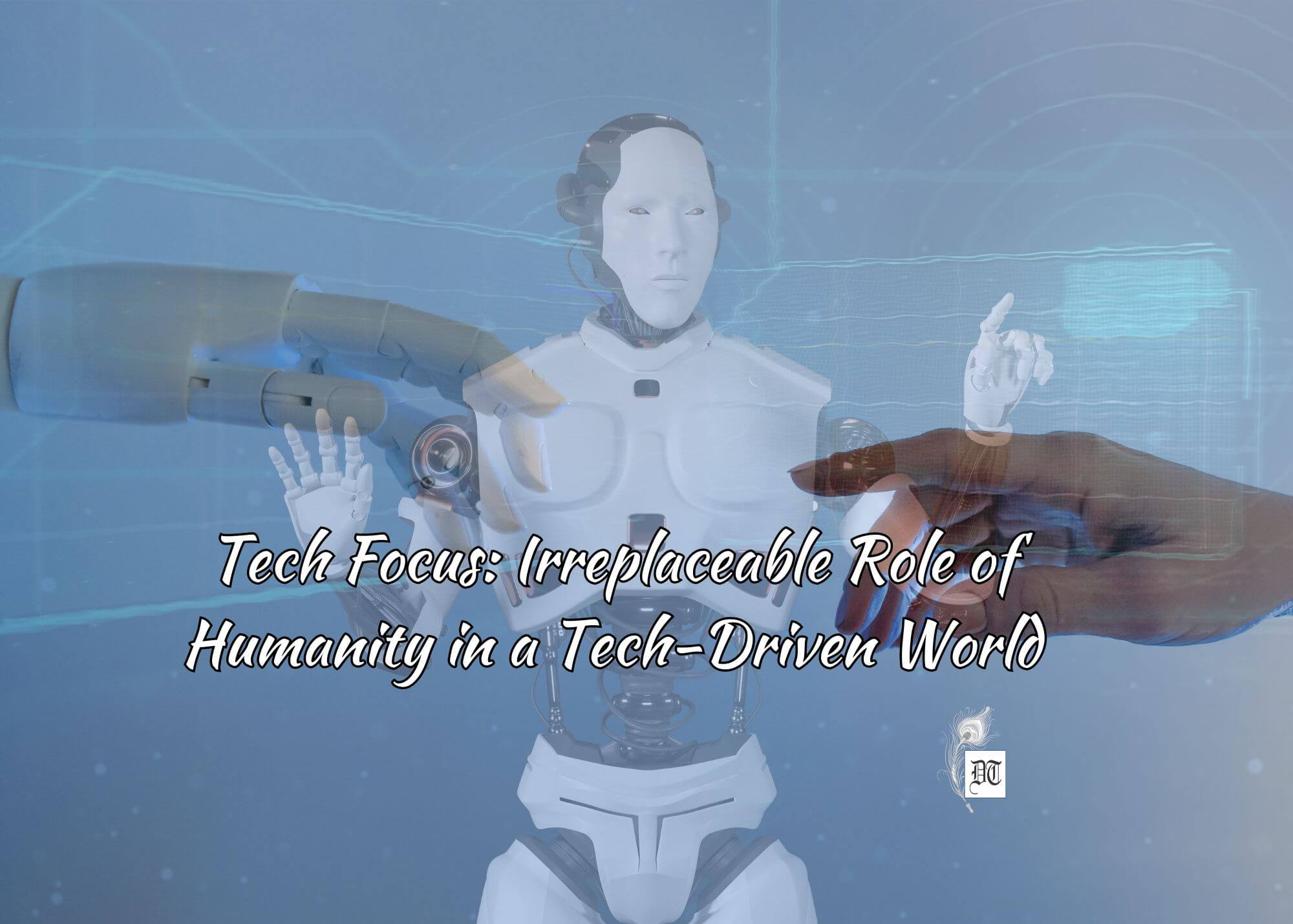While working from home seems relatively comfortable and sometimes well productive, it opens the door for cybercriminals to sneak into the weak security covers. Joydev tels us about spyware, which is one of the common types of attack users, exclusively for Different Truths.
 The COVID-19 pandemic has forced at least 80 per cent of the IT workforce to work from home. With social-distancing and self-quarantine emerging as new normal, the IT sector along with some other possible sectors is expected to continue the work-from-home trend for a longer duration. Remote working is rapidly on the increase all around the world. The trend is changing the way global workspace operates and there is no sign of slowing down. But, with new opportunities, remote working has its own set of challenges.
The COVID-19 pandemic has forced at least 80 per cent of the IT workforce to work from home. With social-distancing and self-quarantine emerging as new normal, the IT sector along with some other possible sectors is expected to continue the work-from-home trend for a longer duration. Remote working is rapidly on the increase all around the world. The trend is changing the way global workspace operates and there is no sign of slowing down. But, with new opportunities, remote working has its own set of challenges.
Remote working is rapidly on the increase all around the world. The trend is changing the way global workspace operates and there is no sign of slowing down. But, with new opportunities, remote working has its own set of challenges.
No personal computers and networks are as highly protected as in office workspace. The unsecured network puts the highly sensitive company data at risk of cyberattacks. While working from home seems relatively comfortable and sometimes well productive, it opens the door for cybercriminals to sneak into the weak security covers on personal networks. In this column, let’s talk about spyware, which is one of the common types of attack users are facing these days.
What is Spyware?
Spyware is a dangerous form of malware that spies your computer activity and steals sensitive information by hiding silently on your system, watching and recording all your computer activity. From recording your keyboard inputs to hijacking your webcam, spyware can do everything to collect your personal data and steal your identity. They gather usage habits either for marketing purposes and do targeted attacks or expose your digital life. Spyware comes in many forms, for example as a Trojan in the form of a browser extension or a mobile app that cleverly takes your permission under the hood while installation.
Spyware is a dangerous form of malware that spies your computer activity and steals sensitive information by hiding silently on your system, watching and recording all your computer activity. From recording your keyboard inputs to hijacking your webcam, spyware can do everything to collect your personal data and steal your identity.
Employees working at home must understand that spyware browser extension may appear legitimate while installing but it could track internet activity and record user behaviour. There are different types of spyware attacks with different objectives. Adware and tracking cookies may track your browsing history and inject malicious ads. Keyloggers record your keystrokes on the system and can even steal your credit card information. Banking Trojans are a more targeted variety of spyware that attacks banking institutions and steal sensitive information.
There is a saying in IT – an informed user is a smart user. To make the users informed, here is a small guide to make your system spyware-free and tips to avoid being a victim of cyberattacks.
You must have come across the term KYC in your bank or other financial institution. You can consider KYE as its step-brother. It is imperative to know who and how dangerous your enemy is.

PC: welivesecurity.com KYE or Know Your Enemy– You must have come across the term KYC in your bank or other financial institution. You can consider KYE as its step-brother. It is imperative to know who and how dangerous your enemy is. It is not expected from every computer user to become a cybersecurity pundit but they must have a basic knowledge of viruses and attacks they are prone to. The security team of companies must talk with the employees about the possible attacks and make them informed. This creates general awareness among employees or even everyday computer users.
- Secure Your Systems– The first and foremost advice you’ll get from your employer is to install an anti-virus on your system. Anti-malware and anti-spyware are the more sophisticated terms if to deal with sophisticated attacks. Larger companies may aim for centrally managed anti-spyware software if it is financially feasible. Security teams must ensure that every employee gets regular software updates and they install the updates timely. If not centrally managed, there are a number of anti-virus software available in the market and even online, which can avert the maximum risks of cyberattacks.
- Maintain Strong Password– Employees generally set a weak and easy password to log in to company applications. There could be many reasons, either to remember it easily or not to run out of time if they spend an extra five minutes on their breakfast table. This small carelessness could create a blunder for the organization. While dealing with sensitive company information, you cannot keep the safety of your company at stake because of your weak passwords. Besides keeping complex passwords, use multi-factor authentication wherever possible. The security team should create a two-step verification log-in process.
- Secure WiFi Access Point – WiFi access points are very crucial while working remotely. The unsecured access point exposes the network to attacks from other devices. If you’re working on a WiFi network, secure the access points with strong passwords, and keep changing the default settings. Timely changing of passwords and default settings reduces the potential chance of cyberattacks.
- VPN or Virtual Private Network– VPN establishes and ensures a trusted connection between the organisation and the employee. It also ensures access to various corporate security tools. As compared to usual VPNs, corporate VPNs are more secured and effective against phishing and malware attacks.
Photo from the Internet







